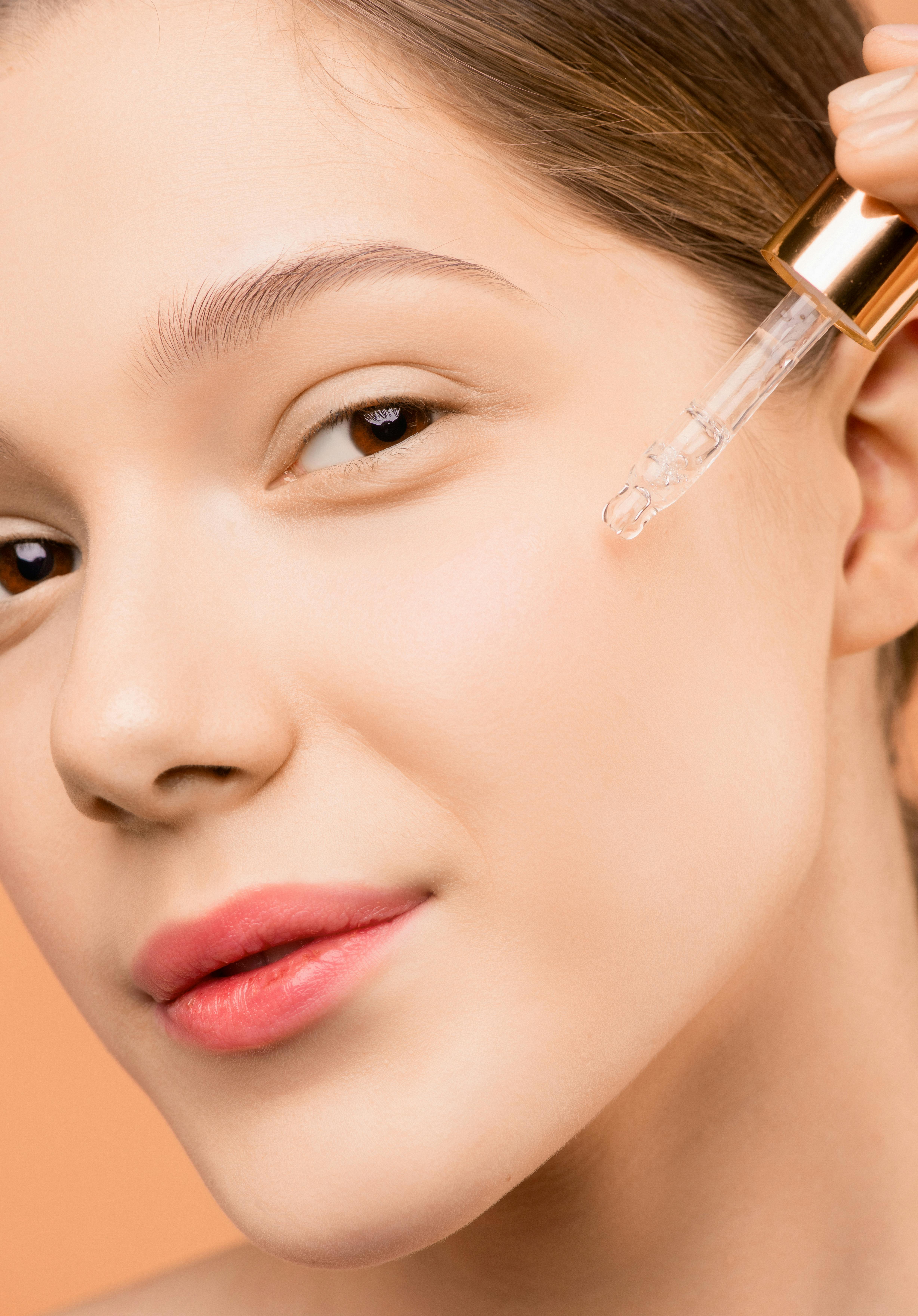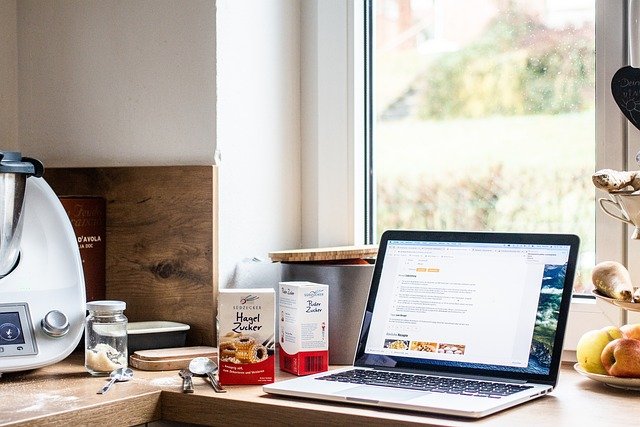Science-Backed Tips to Strengthen Your Skin Barrier
A resilient skin barrier helps retain moisture, protect against irritants, and support overall skin health. This article summarizes science-backed approaches to strengthen the barrier using practical skincare choices, ingredient-aware serums, daily sunscreen, and lifestyle adjustments to support long-term hydration and resilience.

A healthy skin barrier is the outermost layer of the epidermis that keeps moisture in and environmental stressors out. Strengthening it reduces dryness, redness, and sensitivity while supporting the skin’s natural repair processes. Practical approaches combine gentle daily habits, targeted ingredients, and protective measures that work together to maintain barrier function and visible skin comfort without overloading with unnecessary products.
This article is for informational purposes only and should not be considered medical advice. Please consult a qualified healthcare professional for personalized guidance and treatment.
Why hydration matters for your skin barrier
Hydration directly affects barrier integrity because water content supports the lipid matrix and the natural desquamation process. Skincare routines that prioritize consistent hydration—using humectants such as glycerin or hyaluronic acid—help attract and hold water in the stratum corneum. Occlusives like petrolatum or plant oils can then seal that moisture in, but choose lightweight formulations if you are prone to breakouts. Regularly balancing humectants, emollients, and occlusives in a routine can prevent transepidermal water loss and preserve the barrier’s protective function.
How serums and ingredients support repair
Serums containing ceramides, niacinamide, panthenol, and peptides have evidence supporting barrier repair and skin comfort. Ceramides and cholesterol are structural lipids naturally present in the skin and can replenish the lipid matrix. Niacinamide modulates inflammation and helps maintain barrier lipids. Avoid potentially irritating actives (high-concentration acids or strong retinoids) if your barrier is compromised; instead, introduce active treatments gradually and pair them with reparative serums to minimize disruption. Ingredient personalization helps ensure effectiveness and tolerability.
Sunscreen, cosmetics, and makeup effects
Daily broad-spectrum sunscreen shields the barrier from UV-driven breakdown and premature signs of aging. Choose formulations that complement your skin type—mineral options can be gentler for sensitive skin, while chemical filters often offer lighter textures. Makeup and cosmetics should be noncomedogenic and removed gently each evening to prevent residue buildup that may impair the barrier. When selecting products, look for those that state compatibility with sensitive skin or include soothing, barrier-supporting ingredients.
Personalization, routine, and antiaging care
A consistent, personalized routine is more beneficial than frequent product changes. Antiaging goals (collagen support, texture improvement) can coexist with barrier care by timing and layering actives carefully—for example, using retinoids at night with hydrating serums and ensuring daytime sunscreen. Personalization considers skin type, climate, and lifestyle: someone in a dry climate may need richer moisturizers, while oily skin can benefit from lightweight, hydrating gels. Track responses and scale ingredient strength gradually.
Choosing crueltyfree, natural, sustainable products
Product ethics and sustainability are meaningful to many consumers, but “natural” does not always mean non-irritating. Botanical extracts can soothe or sensitize depending on concentration and formulation. Crueltyfree certifications indicate testing policies but do not guarantee efficacy; evaluate ingredient lists and clinical claims when possible. Sustainability considerations—recycled packaging, responsible sourcing—can coexist with formulations designed to support the barrier, though prioritize formulations that suit your skin over labels alone.
Lifestyle links: haircare, wellness, and the skin
Skin barrier health is influenced by broader wellness factors. Diet, sleep, stress management, and hydration affect skin physiology; a balanced diet with essential fatty acids supports the lipid layer, and sufficient sleep aids repair. Some haircare products (fragranced shampoos, clingy conditioners) can contact facial skin and cause irritation; choose milder, fragrance-free options if you notice flares. Avoid overwashing and hot water exposure, which strip lipids and moisture, and integrate gentle practices for consistent barrier support.
To summarize, strengthening the skin barrier relies on a combination of consistent hydration strategies, barrier-friendly ingredients such as ceramides and niacinamide, daily sunscreen, and routines tailored to individual needs. Consider product ethics and sustainability alongside ingredient suitability, and address lifestyle factors that influence skin health. Observing how your skin responds and adjusting products gradually will support resilience and long-term comfort without unnecessary disruption.





